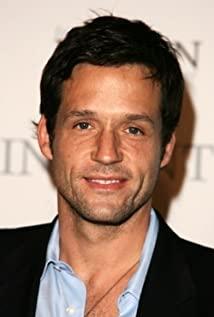Too much warmth, not enough reasoning.
The multiple timelines look a bit tiring, but in fact the case itself is not complicated, coupled with such an ending, it feels mysterious. The narrative method of this film is written everywhere: there is no difficulty, but it is also necessary to create difficulties. Our Purple Hays principles have more than IQ. There are many warm and responsible details, but it doesn't feel like a "true detective".
Thinking about it carefully, they touched the clue of Hoyt halfway, and black man with one eye, whoever followed closely could find out the truth. Every time there is a sudden flash of inspiration, such as finding that Julie's clothes and bags have been put away by scavengers, such as finding that the so-called peep hole is used by brothers and sisters to pass notes. When Tom was released, he heard the conversation between the two policemen, then found Dan, found the pink room, and was killed. This arrangement was too far from God's perspective. The confrontation with Hoyt was already close to the truth, but he missed and killed Harris, and everything had to be done. It's not that the enemy is too cunning, it's that you are too stupid. Reasoning is too lacking.
I personally like this ending very much, but I feel that many of the director's settings are repeated, which blurs the meaning. After 25 years of searching, seeing the person in front of you seems like turning a blind eye. This plot is very poignant.
View more about The Great War and Modern Memory reviews











